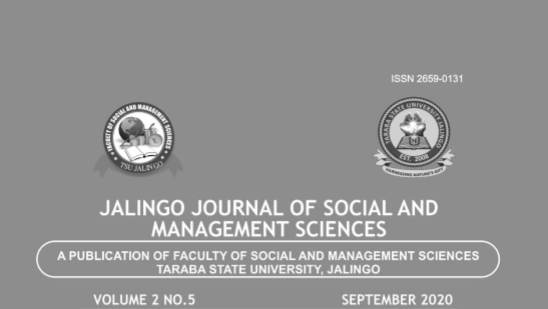Women’s Employment and the Re-allocation of Domestic Chores in Lagos, Nigeria
Keywords:
Chores, Domestic, Employment status, Re-allocation, WomenAbstract
This study examines the redistribution of household chores among household members as women work in formal and informal sectors. The relationship between women working hours and husbands’ perception were assessed. Seven household chores were identified as domestic chores and 300 households were engaged in the study. Cooking, and laundry were correlated with hours women spend at work to determine their impact. The findings of the study revealed that men are more committed to conveying their children to and from school (71.1%) rather than to do other domestic chores. The study also shows that more women still cook (55.6%), wash and do laundry (63.3%) and shop for their households (79.6%). There was no significant statistical relationship (r value -0.0018) between women working for just 3-5hrs daily and cooking for their family. However, there was significant relationship between women that work for 6-8hrs and cooking (r - values of 0.0109). About 32% of working men do not want their spouse to work while 93% of unemployed husbands prefer their wives to work. The study concludes that better public policies will go a long way in spurring more equal practices in the domestic chores in addition to flexible task arrangements.

Downloads
Published
Issue
Section
License
Copyright (c) 2023 JALINGO JOURNAL OF SOCIAL AND MANAGEMENT SCIENCES

This work is licensed under a Creative Commons Attribution-NonCommercial 4.0 International License.
